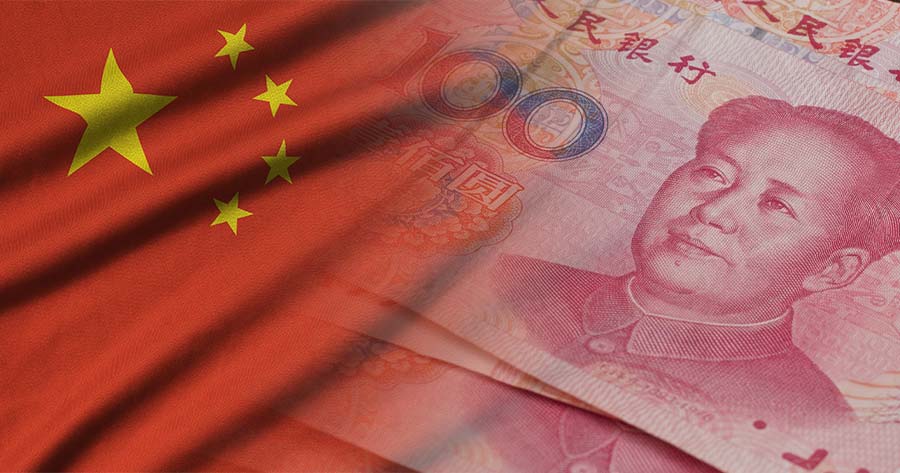China should consider deploying as much as CNY 1.5 trillion ($209 billion) in additional stimulus to boost consumer demand and maintain currency flexibility as the country grapples with mounting external and domestic pressures, according to a new policy report authored by prominent academics including a member of the People’s Bank of China’s monetary policy committee.
Writing in a report published Friday, Huang Yiping—a member of the central bank monetary policy committee—alongside former PBOC official Guo Kai and Alfred Schipke of the East Asian Institute at the National University of Singapore, warned that the Chinese economy has been subjected to “new disruptions” since April when the United States sharply increased tariffs. This comes atop persistent deflationary drag and a sluggish property market.
China should approach these evolving economic challenges with a vigorous counter-cyclical approach to maintain growth stability, while proactively deploying structural reforms, the report stated.
The authors recommend a stimulus package ranging from CNY 1-1.5 trillion over 12 months to shore up household consumption, aimed at cushioning the blow from the latest round of U.S. tariffs, which range from 20%–30%. This figure would substantially exceed the 300 billion yuan already earmarked from ultra-long sovereign bonds to subsidize consumer spending this year.
Economists widely anticipate Beijing will further ease policies in the coming months to mitigate risks of a deeper export downturn amid U.S. President Donald Trump’s tariff escalation and Washington’s scrutiny over Chinese rerouted shipments.
Meanwhile, weak domestic demand, a faltering property sector, and entrenched deflationary tendencies continue to cloud China’s outlook, with businesses slashing prices to attract buyers.
The report also advocates for additional monetary easing. The authors see a room for the PBOC to cut policy rates and encourage banks to lower loan prime rates, which would lift expectations for stronger nominal growth—a vital underpinning for corporate profitability. A flexible approach to managing the yuan is also critical to help absorb future external shocks.
Longer-term, the paper calls for reforms to broaden the personal income tax base and simplify the value-added tax system to secure fiscal sustainability, as well as enhanced oversight of lending to small and medium-sized enterprises (SMEs).
After years of pro-SME lending policies, outstanding loans to these businesses now exceed 60% of GDP—up from 37% in 2019—surpassing exposure to local government financing vehicles.




